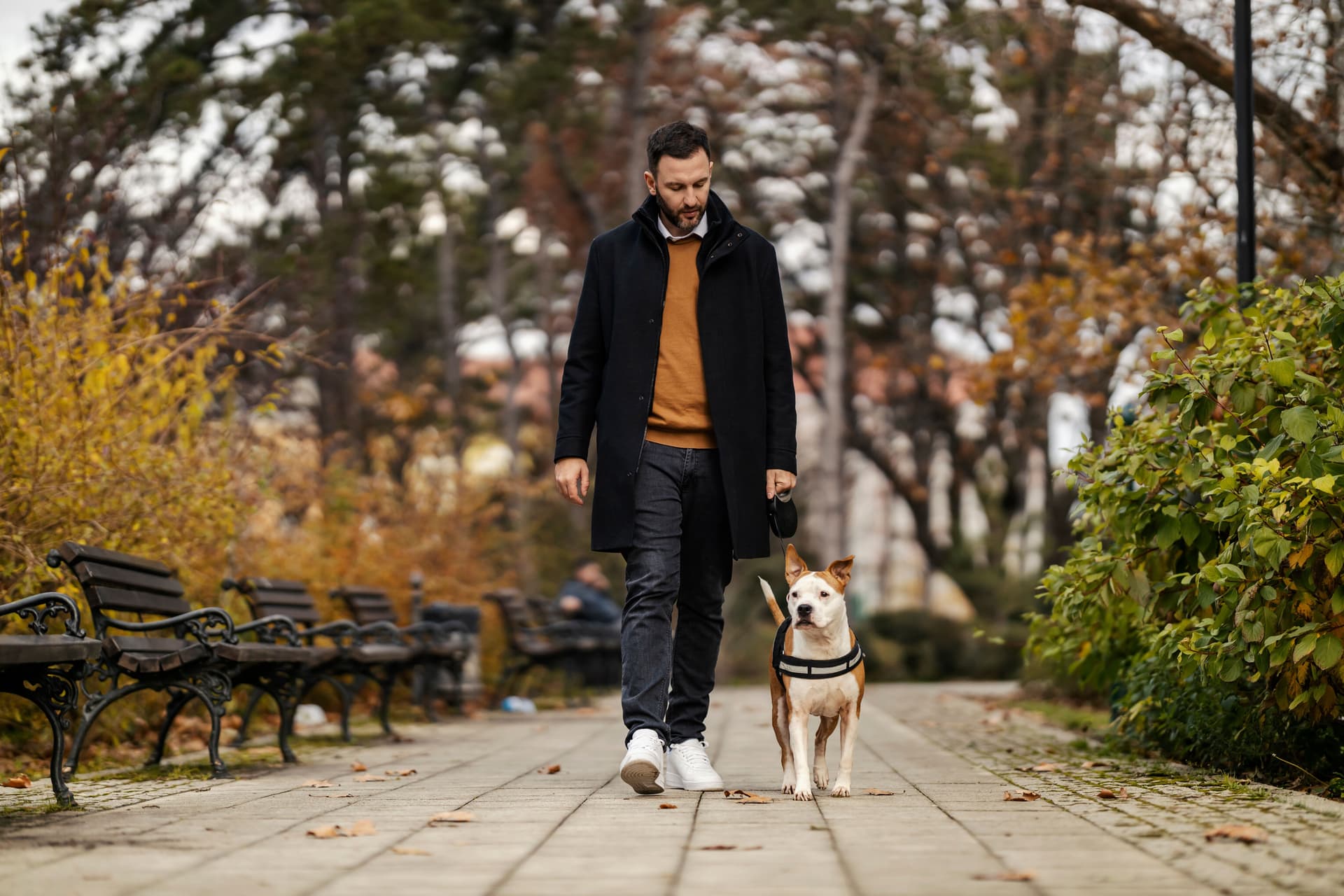
Who Is Legally Responsible for a Dog Bite Injury?
Explore who may be held legally responsible after a dog bite injury—including owners, landlords, and others.
Our Network of Attorneys Are Recognized by the Best
Accountability After a Dog Attack
When someone is injured by a dog, one of the first questions is: Who’s responsible? In many cases, the answer may seem simple—“the dog’s owner.” But in reality, legal liability can extend beyond the person holding the leash.
Understanding liability in dog bite cases can help victims and their families determine whether they have a claim, who to file it against, and what kind of compensation may be available.
Dog Owners: The Primary Party in Most Cases
In nearly every state, dog owners can be held responsible when their animal bites or attacks someone. This is especially true if:
- The dog was not leashed or confined properly
- The owner ignored local leash laws or containment ordinances
- The dog had a history of aggression
- The bite occurred in a public place or on someone else’s property
Even if the dog was never aggressive before, the owner may still be liable under strict liability laws, which hold owners responsible for injuries regardless of fault in certain situations.
“One-Bite” States vs. Strict Liability States
Some states operate under a rule known as the “one-bite law.” This doesn’t mean the dog gets a free pass to bite once. Instead, it refers to the idea that the owner may not be held liable unless they knew or should have known the dog was dangerous.
Strict liability states, by contrast, hold owners accountable whether or not they had prior knowledge of the dog’s behavior.
Regardless of which rule applies, failing to control a dog—even temporarily—can result in legal consequences.
Landlords May Also Be Liable
In some situations, a landlord may be held responsible for a dog bite that occurs on their property—especially if they:
- Knew the tenant had a dangerous dog
- Ignored complaints about the animal
- Allowed the dog to remain despite known risks
This is particularly common in apartment complexes, mobile home parks, or multi-unit properties where the landlord had the ability (and legal duty) to prevent the danger but failed to act.
However, landlords are not automatically liable just because they own the property. Liability often depends on what they knew and whether they had the power to remove or restrict the dog.
Property Owners and Businesses
If a dog bite occurs at a business, daycare, or even a private residence, the property owner may be responsible under premises liability laws. This includes:
- Stores that allow dogs on the premises
- Homes where guests are invited and injured by a pet
- Private events or gatherings where the dog was not properly controlled
Property owners have a legal duty to maintain a safe environment, especially when they invite others onto the premises. If they knowingly allowed a dangerous dog to be present, they may be partly or wholly liable for resulting injuries.
Dog Walkers, Pet Sitters, or Caregivers
In some cases, a dog may be under the control of someone other than the owner—like a friend, family member, pet sitter, or dog walker—at the time of the attack.
These individuals may share liability if:
- They acted carelessly or failed to follow safety instructions
- The dog was not properly leashed or restrained
- They violated local leash or containment laws
A dog owner may still be liable, but courts may also consider whether third parties played a role in the incident.

Parents or Guardians (for Minor Dog Owners)
If a dog is legally owned or controlled by a minor (under age 18), their parent or legal guardian may be held responsible for the actions of the animal. This includes any failure to supervise the dog properly, provide secure fencing, or warn others about the animal’s behavior.
Government Agencies and Animal Control Failures
In rare cases, a public agency could be liable—especially if:
- A known dangerous dog was released from shelter or custody without warning
- Animal control ignored repeated complaints
- A public worker (like a mail carrier) was injured by a dog during work
Suing a government entity can be complex, and strict deadlines often apply. But in some circumstances, negligent oversight by public officials may justify a legal claim.
Multiple Defendants May Be Involved
It’s not always one person’s fault. Many dog bite cases involve shared liability among multiple parties:
- The dog’s owner failed to secure the animal
- The landlord ignored complaints about the dog
- A caregiver let the dog roam free
- The property had no signs or gates
An experienced dog bite lawyer can investigate all possible defendants and help you pursue compensation from every party that shares legal fault.
Insurance Coverage for Dog Bites
Liability in dog bite cases often falls under homeowner’s or renter’s insurance, which may cover:
- Medical expenses
- Lost income
- Pain and suffering
- Disfigurement or scarring
- Legal fees
In some cases, a business or commercial property policy may apply. However, some policies have dog breed exclusions or caps on payouts—another reason legal guidance can be important.
Know Who to Hold Accountable
Dog bite injuries can be both physically painful and financially burdensome. But victims don’t have to bear those losses alone. Understanding who may be legally responsible is the first step in seeking the justice and compensation you deserve.
Whether it's the dog’s owner, a landlord, a property manager, or someone else entirely, accountability matters. And with the right legal support, you can hold the correct parties responsible for the harm done.




